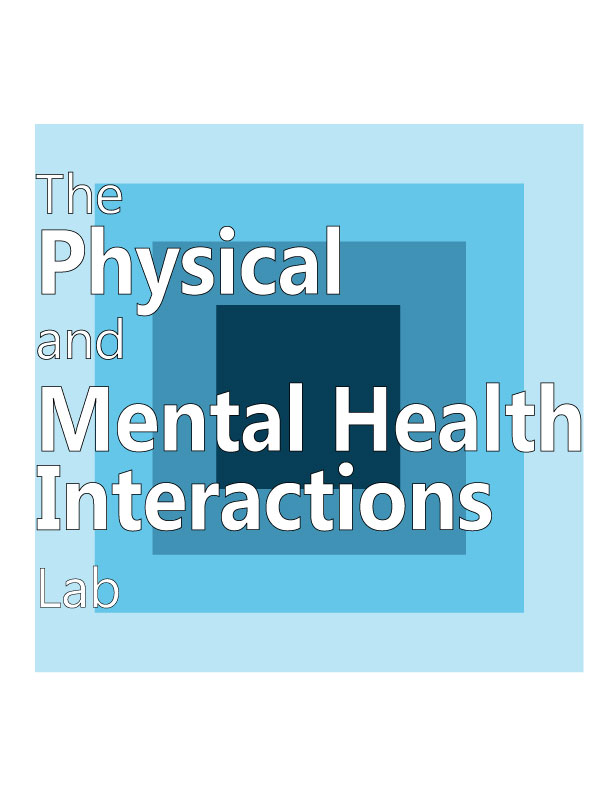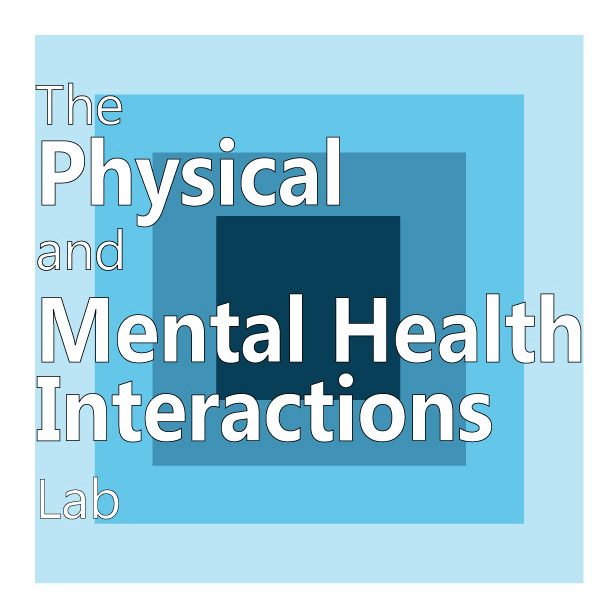
Congruence regarding outcome perceptions between patients with persistent somatic symptoms and their therapists in cognitive behavior therapy (Sarah)
This master’s thesis project focused on congruence, or the level of agreement, between therapists and patients during therapy for persistent physical symptoms. The analysis used longitudinal data to examine how patients and therapists developed congruence over the course of therapy. The findings revealed many unique patterns of congruence development, but that all patients saw a positive treatment outcome. However, the patients who began and ended therapy with a more positive view of the treatment had lower symptom severity at the end of treatment than those who held a less positive view.

Compassion in the relationship between physicians and patients with persistent somatic symptoms (Sarah)
This three-part dissertation project aims to explore compassion in the medical treatment of patients with chronic pain. The first piece of the project will focus on how physicians currently approach and understand compassion in their medical practice. The second piece will focus on patient experiences and perceptions of compassion from their providers when seeking medical treatment for chronic pain. The third piece will integrate physician and patient experiences to develop a continuing medical education training module focusing on the compassionate treatment of chronic pain.

Patients’ endorsement of a biopsychosocial model of chronic pain
In this research project we aim to develop a brief tool to identify chronic pain patients who are at risk to have poor outcomes of their pain management. We will assess patients with chronic pain their understanding of chronic pain as multidimensional, biopsychosocial phenomenon. We hope to utilize this tool to predict which patients are at risk being disengaged with their pain management and have poor pain management outcomes. Identifying patients’ key beliefs as predictors of their readiness to adopt an active role in their pain management will inform early patient-clinician communication and optimize patients’ treatment outcomes. We have already validated our tool – the Patient Endorsement of a Biopsychosocial Model of Chronic Pain (PEB) Scale – in 200 patients who were admitted to a persistent pain service. Mathias currently completes a study where we examine this tool in a sample of young adults with chronic pain.

Tinnitus, symptoms of depression, and suicide-related behaviors (Senyo)
This research project aims to better understand suicide risk factors among those with chronic tinnitus. Given the high rate of suicidal ideation and suicidal behaviors among those with tinnitus additional research is needed to better understand who may be at risk of these suicide related behaviors. However, not all tinnitus sufferers experience suicide related behaviors and one factor that may influence the relationship between tinnitus and suicidality is resilience. As such, this research is longitudinally investigating if tinnitus severity predicts suicide related behaviors.

The transition from an acute to a chronic, distressing tinnitus (Maria)
In this longitudinal study, we are examining participants who report recent onset tinnitus (≤ 3 months) and follow them up three and six months after the onset of their tinnitus. We want to determine psychological characteristics and psychobehavioral responses to tinnitus that help us to identify individuals with acute tinnitus who are at risk to develop a persistent, distressing, and debilitating auditory symptom.

App-based cognitive behavioral intervention for women with premenstrual syndrome (Maria)
Up to 80% of women report emotional, physiological, cognitive and behavioral changes during the last week before their menses starts, called premenstrual syndrome. These changes can become very distressing and disabling. In collaboration with Professor Cornelia Weise at the Division of Clinical Psychology and Psychotherapy at Philipps-University Marburg in Germany, we are evaluating a cognitive-behavioral app-based program for women with premenstrual syndrome.
